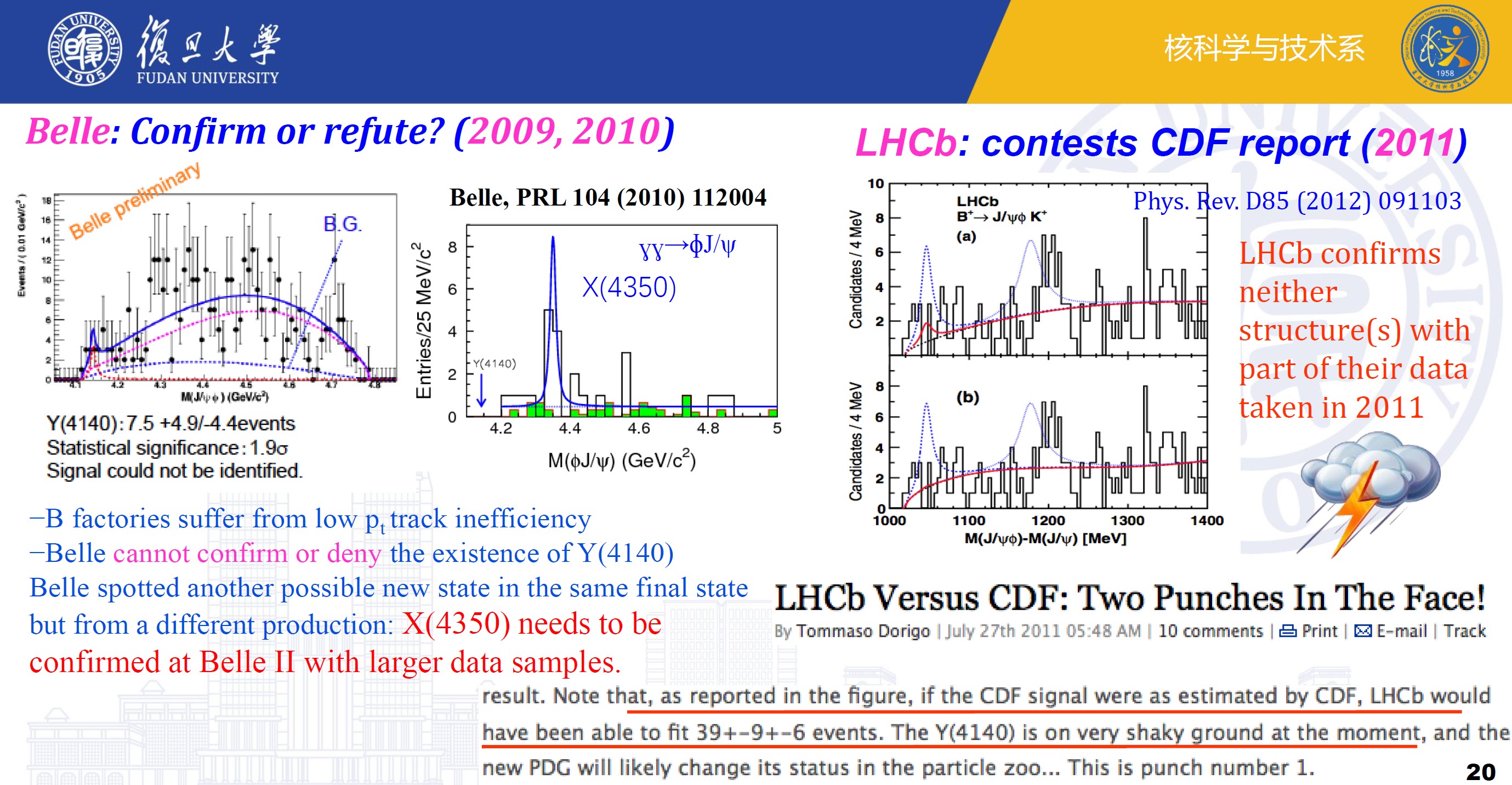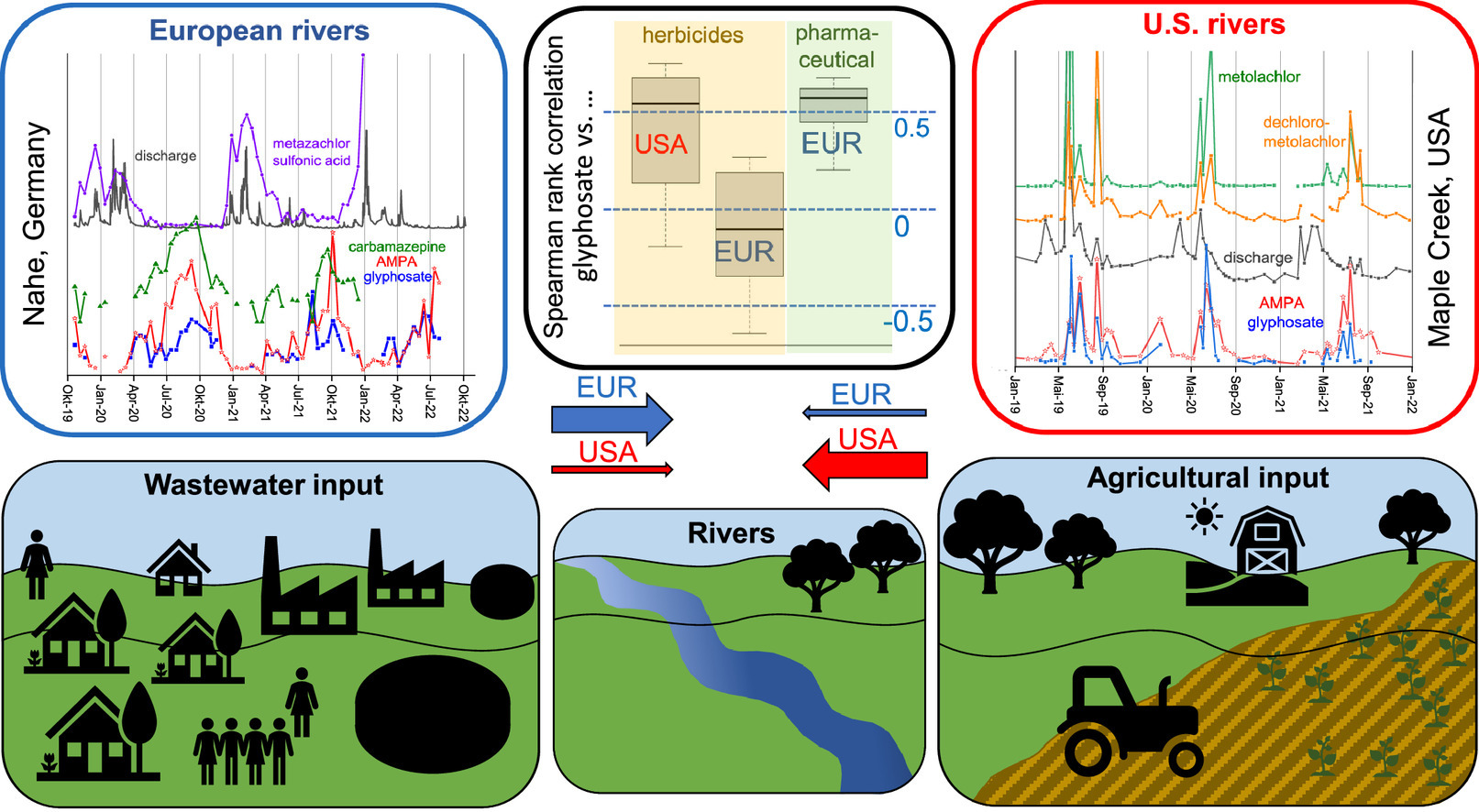I am presently in Cairns, sitting in a parallel session of the "Quark Confinement and the Hadron Spectrum" conference, where I am convening a session on Statistical Methods for Physics Analysis in the XXI Century, giving a talk on the optimization of the SWGO experiment, and playing the piano at a concert for the conference, in addition of course to visiting the area. Anyway, all of the above is too much information to you, as this post is about something else.
The World Health Organisation, the last major body to accept that COVID-19 was a pandemic, is out in front extending its highest emergency level over, of all things, monkeypox.
We now know WHO held off on declaring COVID-19 an emergency because former President Donald Trump said it was an emergency and we should cut travel from China. Then he instructed FDA to prepare emergency use authorization standards for a vaccine they believed the private sector could create fast if government got out of the way.(1)
Mars is no vacation paradise. The temperatures fluctuate dramatically and average minus 80 degrees Fahrenheit. The surface is red dust punctuated by craters, canyons, and volcanoes. On the plus side, the atmosphere is extremely thin, comprising only about 1% of the density of Earth’s, and gravity is 60 percent lower, so you can finally dunk a basketball.
With all of those challenges, Martian landers have still been able capture wind measurements — some gauging the cooling rate of heated materials when winds blow over them, others using cameras to image “tell-tales” that blow in the wind. Both anemometric methods have yielded valuable insight into the planet’s climate and atmosphere.
If humans ever intend to go there, we'll need more data first.
Astrology is one of those things that makes no sense to literate people. The position of stars a billion light-years away determined your personality, but if you are in the eastern world that personality could be completely different than if you were born 2000 miles west?
See: I was a Virgo this morning, now I am a Leo! I totally feel different.
Alcohol is the best-marketed carcinogen out there. Cigarettes and obesity only wish they were able to devote the money to positive imaging that alcohol, one of the top three lifestyle killers, receives. Instead, governments devote billions to education and awareness of those two while the only tepid warning about alcohol is not to drive after you roll the dice on cancer.
When it comes to BPA, PFAS, or weedkillers, government epidemiologists say any presence should be considered pathological but say nothing at all about alcohol use despite it being scientifically shown, unlike most epidemiology, and addictive.
Last week I traveled from Venice to Tokyo through Zurich, and during the flights I could do some more tests of the RadiaCode 103 - the nice spectrometer for gamma radiation I have been playing with as of late (for a couple of earlier posts and tests see
here and
here).
If you ever get the chance to visit Turkey, I encourage you to do so. Like Civil War battlefields in the southern US, you can trip and stumble across something old - except in the case of Turkey it could be 2,000 years old.
Some sites are archaeological research and you can't just wander around like you can in Cappadocia. That is the case with the Göbekli Tepe temples in southern Turkey. It was inhabited in neolithic times and is ground zero in the culture wars over whether agriculture begat civilization or the other way around. Archaeological evidence shows they processed grain there, for example, but not that they grew it.
Activists who just happen to take donations from competitors to normal farming - e.g. organic industry trade groups, corporations, and foreign nationals laundering money through offshore donor-advised funds - get paid to claim farming is a problem.(1)
Every country has people claiming to be native now, whereas in previous generations if you were born there, you were native. In reality, outside the cradle in Africa, no one is native.
Everyone was an immigrant, and over time everyone calling themselves native to an area now stole land from someone else and colonized it. It's impossible to know who were the first to arrive but science can use inference, and
new evidence of human occupation in southeast Indonesia dating back 42,000 years provides some idea of the time and the route taken by some of the first humans to arrive in Australia.
I remember having been flamed, a long time ago, when in this column I ventured to claim that there was an inflation of physics conferences and workshops around, which to me looked both counter-productive (if there are too many such events, they become a distracting factor from research work, and returns are diminishing) and, I went as far as to propose, even unethical in some cases. I do not like being flamed, if only because it is yet another unproductive distraction, so I will not fall in the same mistake again here; rather, I have to observe that these days I am rather on the offending camp, so who am I to cast the first stone?
 Anonymous Snowboarder Needs Sn
Anonymous Snowboarder Needs Sn  Anonymous Snowboarder Needs Sn
Anonymous Snowboarder Needs Sn  Tommaso Dorigo
Tommaso Dorigo  Manuel Chaniotakis
Manuel Chaniotakis  Fred Altieri
Fred Altieri 










